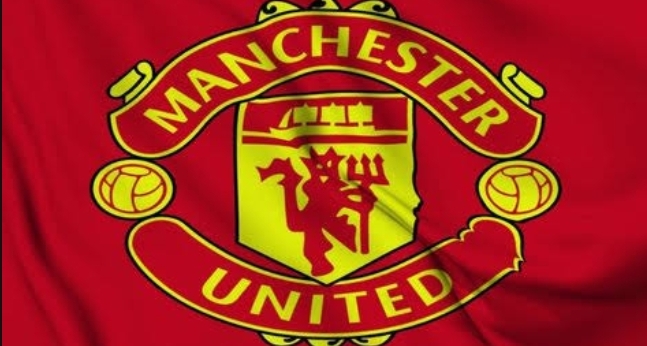Marcus Rashford has long been seen as a player with extraordinary potential, someone capable of achieving greatness in the footballing world. However, recent performances and his overall demeanor paint a troubling picture. Despite Manchester United’s managerial changes, the same issues with Rashford persist, leading many to question whether he still has the drive and determination to compete at the highest level.
On the surface, a footballer’s life appears glamorous, filled with fame and wealth. Yet the immense pressures behind the scenes can be overwhelming, and Rashford seems to be struggling under their weight. It’s becoming harder to envision him transforming into the consistent, world-class performer fans once believed he could be. This situation is disheartening, not only because of his unfulfilled potential but also due to the mental toll it’s likely taking on him.
At 27 years old, Rashford should be entering the peak of his career, leveraging his pace, strength, and technical ability to dominate as a modern winger or striker. Instead, his attitude and drive often resemble those of a player nearing the end of their career. The comparison to Jamie Vardy, who continues to show relentless energy and hunger at 37, is striking. Rashford, by contrast, often appears burdened, deflecting blame when things go wrong and delivering lackluster performances.
There are still moments of brilliance in Rashford’s game—glimpses that remind fans of his raw talent. He might score a decisive goal in a high-stakes match, like against Manchester City, but these flashes of excellence are far too infrequent to sustain a successful career at the top level.
Manchester United has played a role in this decline. The club’s culture of rewarding mediocrity with lucrative contracts has enabled complacency, and Rashford has become a symbol of this problem. As a standout graduate from United’s academy, he has often been shielded from criticism. While new managers sometimes spark a temporary resurgence in his form, these phases are short-lived. Inevitably, inconsistent performances and lapses in effort resurface, leading to eventual benchings.
Current manager Ruben Amorim recently substituted Rashford in a match against Viktoria Plzen and reportedly expressed frustration afterward. While Amorim remains supportive of the player, he emphasized that the responsibility to improve ultimately lies with Rashford. This encapsulates the issue: real change must come from within.
Some argue that Manchester United’s toxic environment contributes to Rashford’s struggles, but this doesn’t explain why players like Bruno Fernandes and Harry Maguire continue to give their all. Nor does it account for the hunger shown by young academy talent Kobbie Mainoo, who exhibits determination and a willingness to learn.
At some point, Rashford must take accountability for his discipline, work ethic, and passion. Without these qualities, he will struggle to meet expectations.
Rashford now feels like a lingering reminder of United’s past failures, kept on more to avoid backlash than for meaningful contributions. If he were to leave, where would he go? Mikel Arteta’s Arsenal would likely avoid disrupting their professional culture, while Chelsea’s youthful, dynamic squad might not want to gamble on an inconsistent player.
Even if another Premier League club showed interest, justifying his current wages would be difficult given his lack of consistent impact.
A move abroad might seem like a fresh start, but it’s unclear if that alone could reignite his career. True revival requires effort and focus, not just a change of scenery.
The most frustrating part is that Rashford has had ample warning from past teammates about the consequences of wasted potential. Players like Jesse Lingard serve as cautionary tales, yet Rashford seems unmoved by these examples.
Fans don’t want to see Rashford fail. His story, from local boy to academy star, should have been one of triumph. However, unless he takes a hard look at himself and commits to change, his legacy risks being defined by unfulfilled promise. The choice is his: put in the work to reignite his career or watch his potential fade into obscurity.
